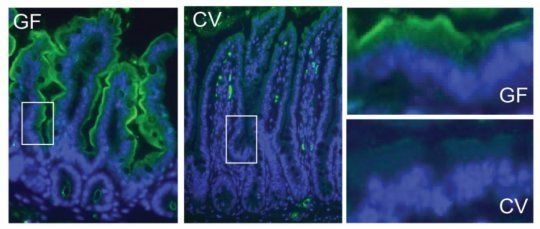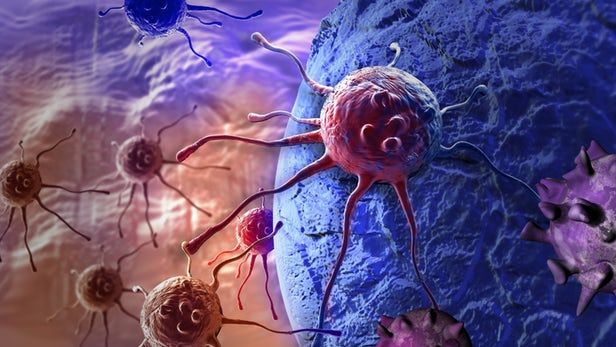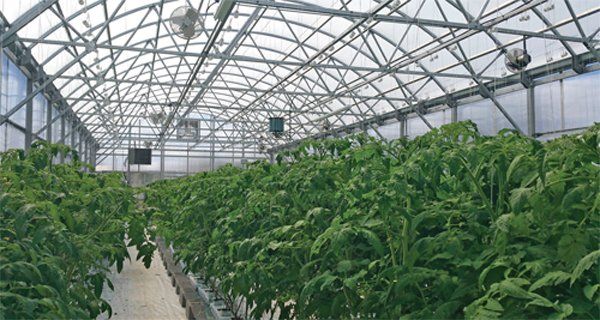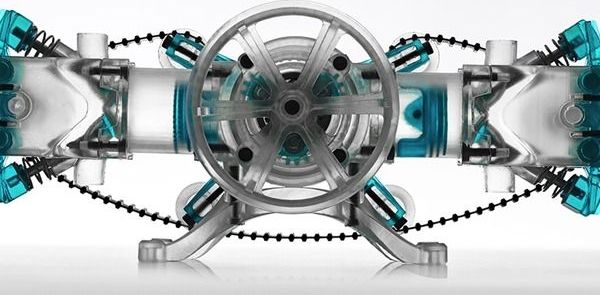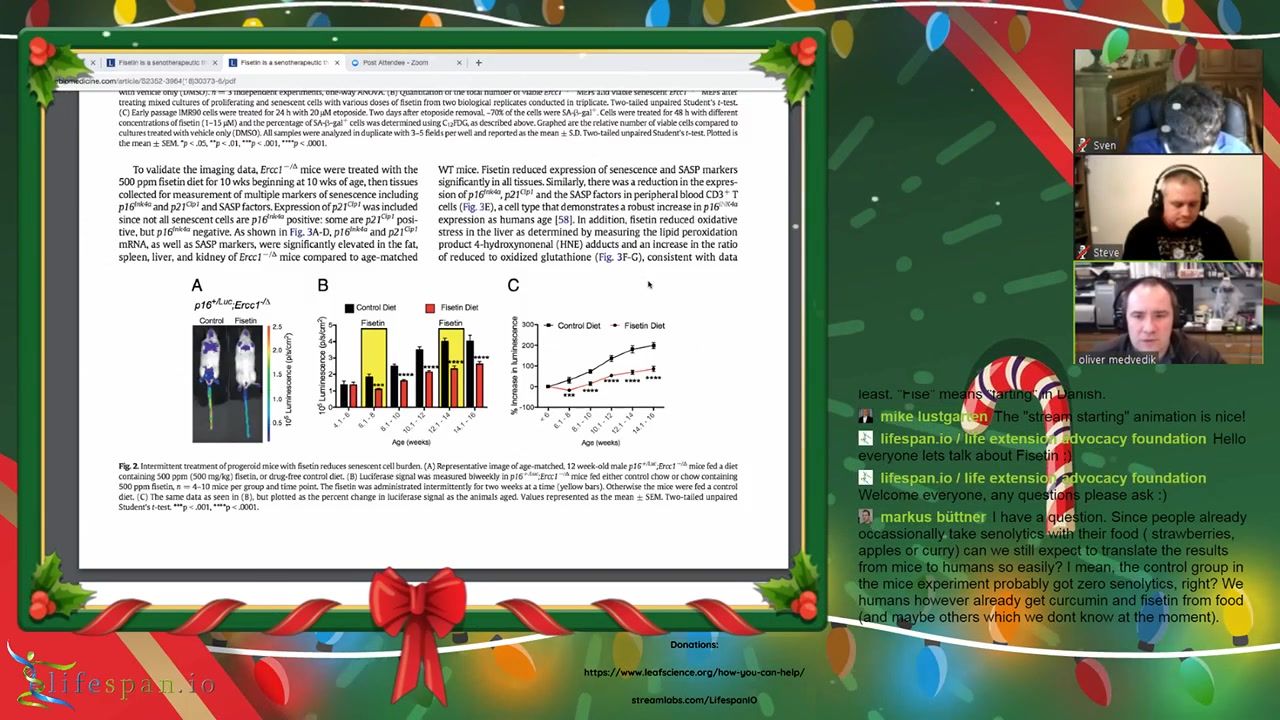A new study in mice unveils the role of vitamin A in immune system regulation, a finding that could assist in developing treatments for autoimmune and inflammatory diseases as well as vitamin A deficiency.
A team of scientists has developed a method that yields, for the first time, visualization of a gene amplifications and deletions known as copy number variants in single cells.
Significantly, the breakthrough, reported in the journal PLoS Biology, allows early detection of rare genetic events providing high resolution analysis of the tempo of evolution. The method may provide a new way of studying mutations in pathogens and human cancers.
“Evolution and disease are driven by mutational events in DNA,” explains David Gresham, an associate professor in New York University’s Department of Biology and the study’s senior author. “However, in populations of cells these events currently cannot be identified until many cells contain the same mutation. Our method detects these rare events right after they have happened, allowing us to follow their trajectory as the population evolves.”
Cervical cancer is the fourth most common cancer for women yet the leading cause of cancer-related death in developing countries, an unfortunate statistic that highlights the importance of access to screening. Through a comprehensive trial involving thousands of subjects, a newly designed test has been found to greatly outperform current screening methods in terms of both cost and accuracy, while also shedding new light on the mechanics at play.
Well that’s good news.
I see several parts to the problem where many people believe the doomer overpopulation myths.
The fear story resonates with deep caveman fears of starvation. Any individual person can experience hunger. This reinforces and validates the fear of potential starvation.
The small scale and valid fears and issues for individuals and small groups do not match up to real global risk. There are counter-intuitive aspects.
In Tutorials
Tolerance and fit are essential concepts for any engineer designing mechanical assemblies.
Accounting for tolerances ultimately optimizes both the prototyping and production processes, reducing the material cost of iteration, lowering post-processing time, and mitigating the risk of accidentally broken parts.
The topic for the December Journal Club will be the recently published paper – Fisetin is a senotherapeutic that extends health and lifespan. This commonly available supplement and a plant-based polyphenol appears to influence the aging process in mice by clearing senescent cells, one of the suggested reasons we age.
If you like watching these streams and/or would like to participate in future streams, please consider supporting us by becoming a Lifespan Hero: https://www.lifespan.io/hero
Paper: https://www.ncbi.nlm.nih.gov/pmc/articles/PMC6197652/
